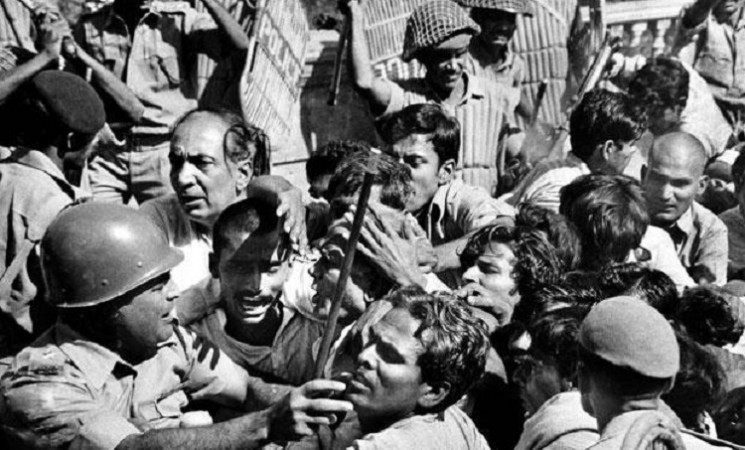
This Day in History: On June 25, 1975, the then Prime Minister of India, Indira Gandhi, declared a state of Emergency, leading to a period of intense political repression and curtailed civil liberties. While the primary focus of this article revolves around the historical event, it is essential to acknowledge the profound impact such political upheavals can have on public health. This article explores the consequences of the Emergency on the health sector in India, highlighting the challenges faced and the lessons learned.
The imposition of Emergency had significant implications for the healthcare system in India. With widespread censorship and restrictions on freedom of speech, media outlets struggled to report on the true extent of the health crisis, hindering the dissemination of crucial information. This lack of transparency undermined public trust and impeded effective responses to health emergencies.
During the Emergency, the Indian government implemented a controversial sterilization program with the aim of population control. This program, driven by coercive measures and targets, led to a violation of reproductive rights and compromised the health and well-being of many individuals. The emphasis on meeting sterilization quotas resulted in the neglect of essential reproductive health services, including prenatal care and access to safe childbirth facilities.
The lack of transparency during the Emergency hindered the effective management of infectious diseases. Timely reporting and surveillance of diseases became challenging, leading to delays in identifying and containing outbreaks. With restricted civil liberties, public health campaigns and community mobilization efforts were severely curtailed, impeding the control of diseases such as malaria, tuberculosis, and diarrheal illnesses.
The political repression and fear created during the Emergency had a detrimental impact on the mental health of individuals. The suppression of dissent and curtailment of civil liberties led to increased stress, anxiety, and trauma among the population. Unfortunately, mental health services and support systems were not adequately prioritized, further exacerbating the already challenging situation.
The Emergency period witnessed a decline in access to healthcare services, particularly for marginalized communities. The government's focus on controlling political dissent diverted resources away from the health sector, resulting in reduced funding and weakened infrastructure. Vulnerable populations, such as those living in poverty and remote areas, experienced greater barriers to healthcare, including limited access to medical facilities and medications.
The imposition of Emergency in India serves as a reminder of the critical interplay between politics, human rights, and public health. It highlights the importance of upholding democratic values, transparency, and open communication during times of crisis. Recognizing the vulnerabilities exposed during the Emergency, subsequent governments have aimed to strengthen public health systems and protect the rights of individuals.
The declaration of Emergency on June 25, 1975, had far-reaching consequences for public health in India. The period witnessed challenges in reproductive health, disease control, mental health, and access to healthcare. However, these experiences have also served as a catalyst for reforms and improvements in the healthcare sector. It is crucial to reflect upon such historical events to ensure that the protection of health and well-being remains a fundamental aspect of any society.